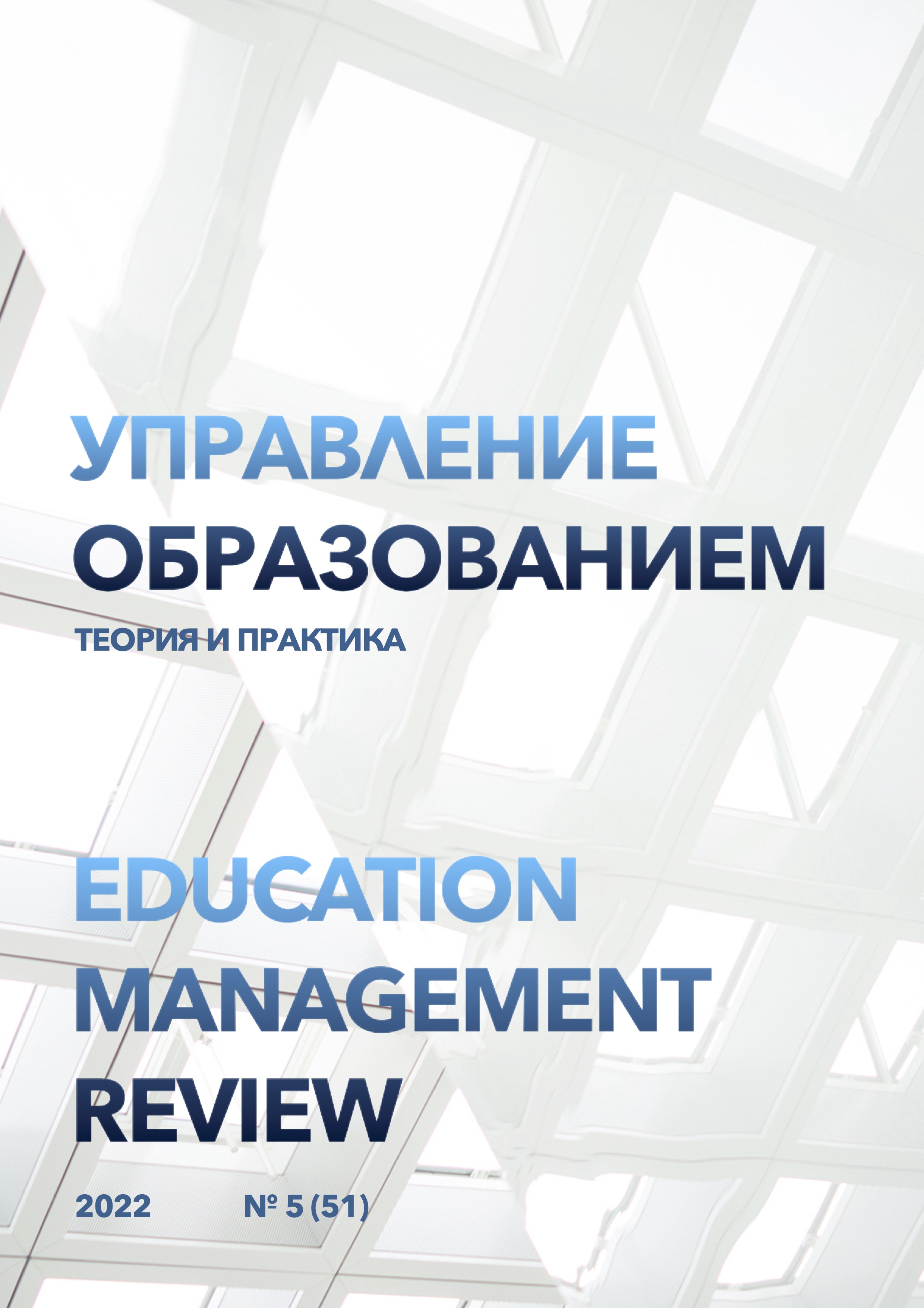Development of methods of mental activity of future economists in the process of teaching mathematics and finance
DOI:
https://doi.org/10.25726/v8563-3733-5558-nKeywords:
mathematics, economics, finance, training, universityAbstract
Currently, the professional training of future bachelors and masters should ensure the training of such a specialist who would be confident in his judgments, bold in his views, could adapt to changes, quickly navigate information, analyze it, evaluate, predict changes and the possible consequences of these changes. In our opinion, mathematical training significantly affects the formation of such a specialist. The formation of professional and mathematical competence of future specialists involves the development of methods of their mental activity, which, in turn, contributes to the development of critical thinking, and this is an urgent problem of modern education. Ensuring effective mathematical training of future specialists, in our opinion, depends, at least, on well-chosen methodological tools. We believe that in order to develop the techniques of mental activity of future specialists, the process of teaching mathematics should be filled with special methods, techniques and tools. An effective developing educational process should ensure active educational and cognitive activity of students, in particular: contain dialogues and discussions, provide for the right to make mistakes and simulate situations with provocation to such mistakes and the like. In the process of professional training, we also consider it important to familiarize future specialists with the principles, strategies and procedures of critical thinking and the like.
References
Гарманова О.Ю. Организация дистанционного обучения экономике на основе экономической Интернет-школы // Открытый урок: фестиваль педагогических идей. http://festival.1september.ru/articles/
Демкин В.П., Можаева Г.В. Организационно-методическая работа при дистанционном обучении // Открытое и дистанционное образование. 2002. № 2(6). С. 15.
Можаева Г.В., Тубалова И.В. Применение дистанционных технологий обучения для развития творческих способностей одарённых детей // Открытое и дистанционное образование. 2015. № 1(17). С. 42.
Музенитов Ш.А. Воспитание экономической грамотности учащихся средствами математики в общеобразовательной школе и средних ПТУ: дисс. ... канд. пед. наук / Музенитов Шота Алексеевич. Казань, 2020. 188 с.
Национальная образовательная инициатива «Наша новая школа». http://mon.gov.ru/dok/akt/ 6591
Педагогика: Большая советская энциклопедия / сост. Е. С. Рапацевич. Минск: Современное слово, 2005. С. 142.
Педагогический энциклопедический словарь / гл. ред. Б. М. Бим-Бад; ред. кол. М. М. Безруких, В. А. Болотов, Л. С. Глебова [и др.]. М.: Большая российская энциклопедия, 2008. С. 73.
Романов А.П., Торопцов В.С., Григорович Д.Б. Технология дистанционного обучения в системе заочного экономического образования. М.: ЮНИТИ-ДАНА, 2000.
Телеева Е.В. Современные средства оценивания результатов обучения: учеб. пособие. Шадринск: Изд-во Шадрин. пед. ин-та, 2009.
Тонких А.П. Элементы стохастики в курсах математики факультетов подготовки учителей начальной школы // Начальная школа плюс До и После. 2003. № 4. С. 32-37.
Хроленко А.Т., Денисов А.В. Современные информационные технологии для гуманитария: практическое руководство. 2-е изд. М.: Флинта: Наука, 2008. С. 10.




